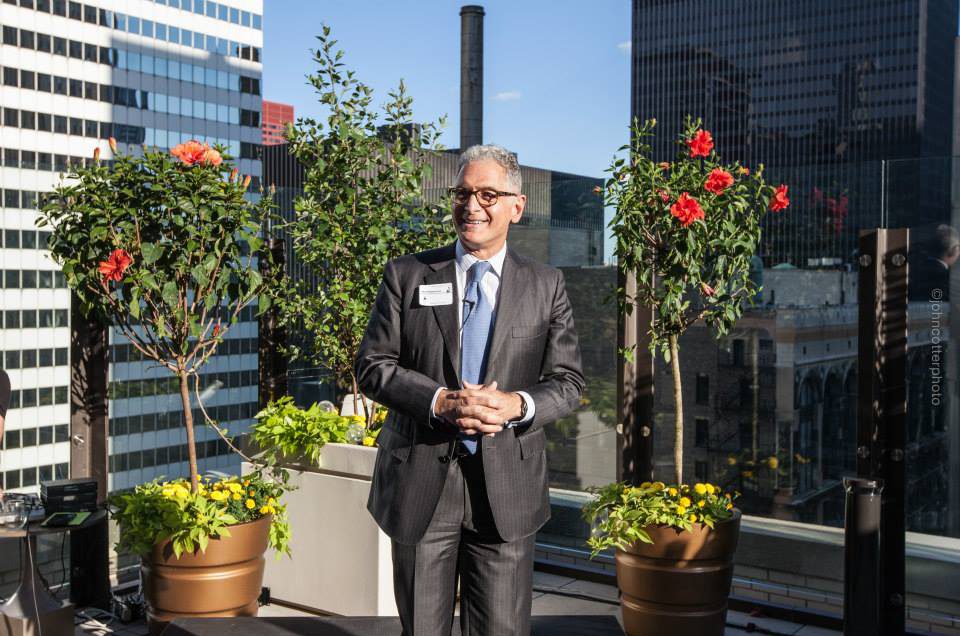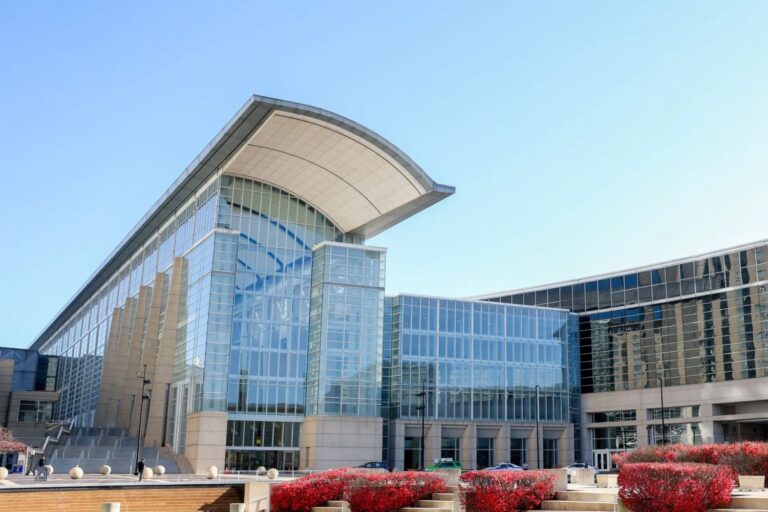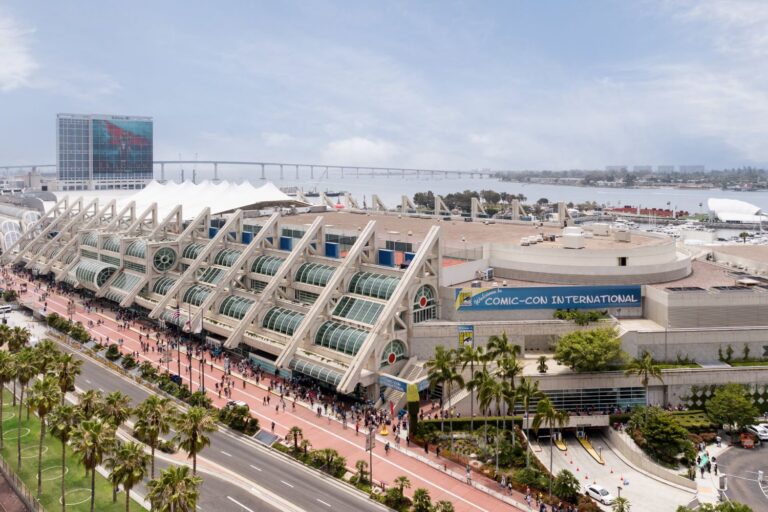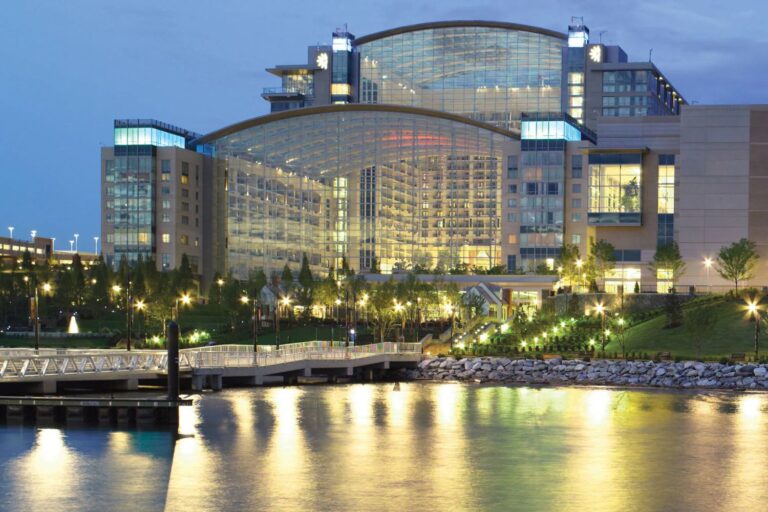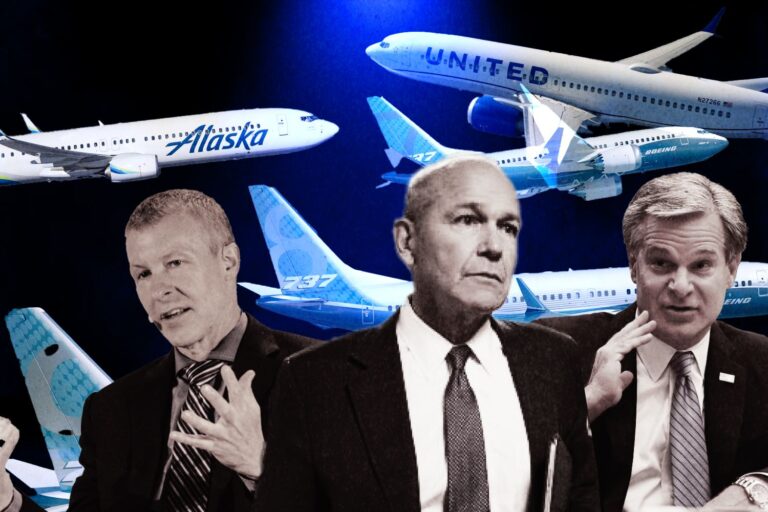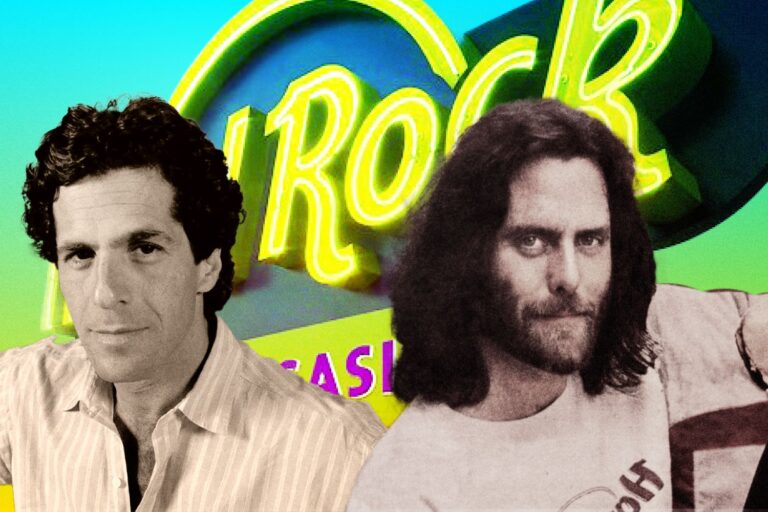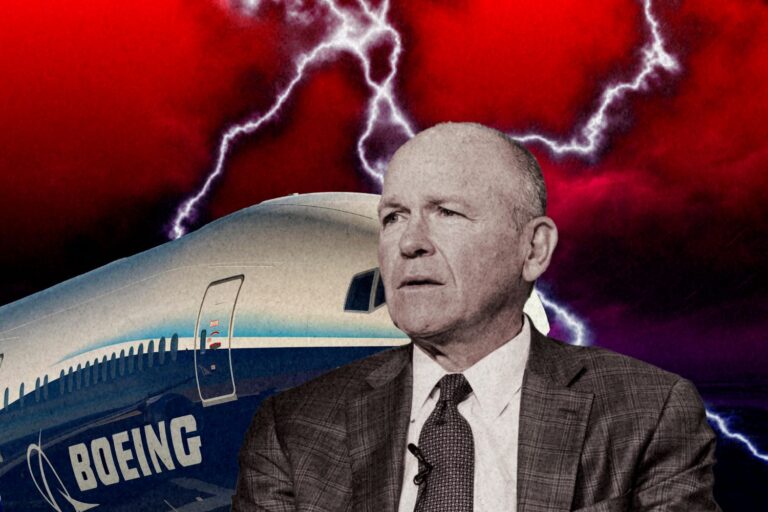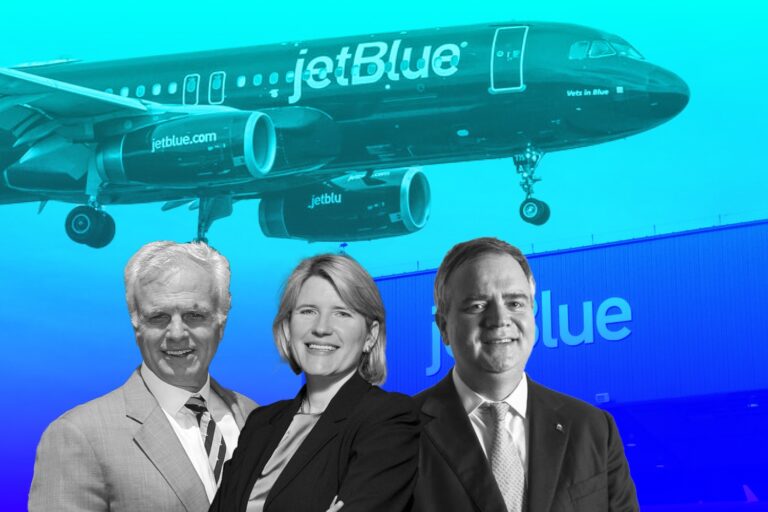Empathy and Technology Adoption: Two Important Ingredients for Hyatt’s Success
Hyatt Hotels Corporation, commonly known as Hyatt Hotels & Resorts, is an American multinational hospitality company headquartered in the Riverside Plaza area of Chicago.
Hyatt has more than 600 properties with especially strong footprint in the upscale and luxury hotel segments. In the past few years, the company has shifted its growth strategy from a previously capital intensive model to a more asset-light approach, similar to those of competitors, in order to diversify its cash flow streams and grow more quickly. It was not until a decade ago or so that Hyatt had begun to aggressively franchising its brands, mostly in the upscale segments, where Hyatt is not directly involved in the day-to-day operations and where operation models are less complex compared to those of luxury hotels.
The Hyatt Corporation came into being upon purchase of the Hyatt House, at Los Angeles International Airport, on September 27, 1957. In 1969, Hyatt began expanding internationally. Hyatt has grown by developing new properties and through acquisitions, with the biggest growth coming from the acquisition of AmeriSuites (later rebranded Hyatt Place) in 2004, Summerfield Suites (later rebranded Hyatt House) in 2005, and Two Roads Hotels in 2018.
As of December 31, 2019, the Company’s portfolio included more than 900 hotel, all-inclusive, and wellness resort properties in 65 countries across six continents. The Company’s purpose to care for people so they can be their best informs its business decisions and growth strategy and is intended to attract and retain top employees, build relationships with guests and create value for shareholders.
In 2018 January, Mark Hoplamazian, President and Chief Executive Officer of Hyatt Hotels Corporate announced that Hyatt will realign its corporate leadership team and operations to accelerate its differentiated strategy to care for the high-end traveler with distinctive experiences. The key changes include the formation of a new commercial services portfolio at the Executive Committee level that will combine guest and customer engagement functions under a new chief commercial officer position. Further, the company is also consolidating managed and franchised hotel operations and owner relations into one portfolio, reporting to Chuck Floyd, global president of operations. The legal and corporate services portfolio is also being realigned under new leadership.
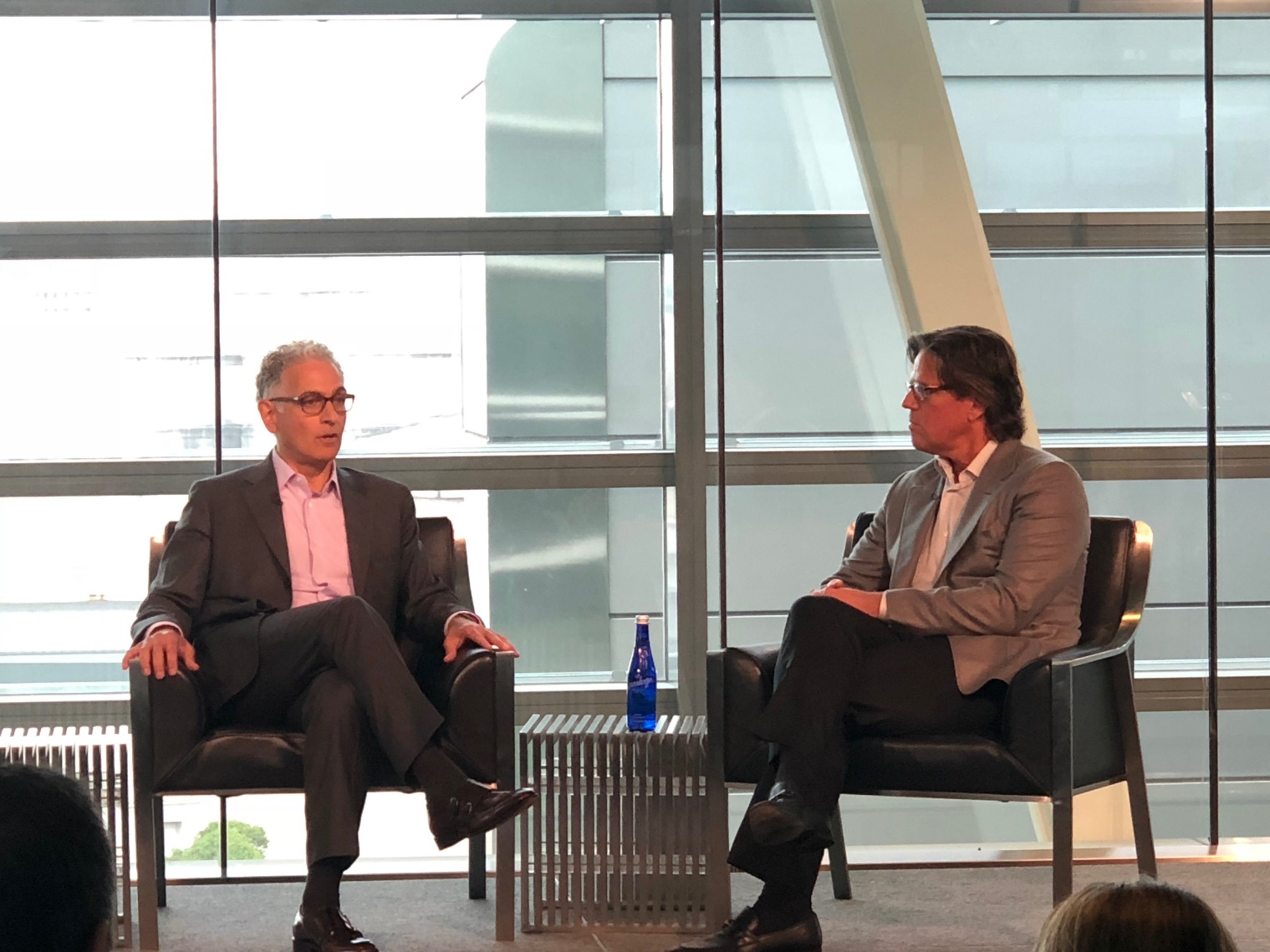
“In order to achieve our growth potential and capitalize on opportunities that come from rapidly-emerging consumer, industry and competitive developments, we must be leaner and more agile,” said Hoplamazian. “This starts at the top with our leadership, and we are making changes to streamline the Executive Committee and to better enable us to maximize our core hotel business and continue our expansion into new lines of business.”
The organizational changes will allow Hyatt to better focus, prioritize and coordinate its activities driving guest and customer engagement. The chief commercial officer will oversee a portfolio that includes global sales functions, global marketing functions, the global contact centers, and information technology, and it will report directly to Hoplamazian.
As a part of the realignment, two executives have decided to transition out of Hyatt later at the end of 2018 as the organization evolves. Global Chief Marketing Officer Maryam Banikarim and Global Head of Capital Strategy, Franchising and Select Service Steve Haggerty left Hyatt. Their positions have been eliminated upon their departures. Banikarim has continued to lead the marketing organization through the end of April in 2018, and Haggerty has remained at Hyatt as a special advisor to the CEO through Jul in 2018 focused on executing important transactions, among other things.
“We deeply appreciate the outstanding contributions Maryam and Steve have made to Hyatt and their leadership through this important transition,” said Hoplamazian. “Maryam transformed the marketing function and leaves us with a legacy of expressing our purpose through our brand position as a company and throughout our communications. Steve has provided tremendous value to Hyatt for nearly 11 years. He led the way in some of the most important steps we’ve taken to build our brand portfolio.”
Hoplamazian also congratulated Margaret Egan on her promotion to General Counsel, reporting to him. “Margaret has been part of the Hyatt family for 14 years and has served as Interim General Counsel since last October. We are grateful for her expertise and I look forward to her continued leadership,” he said.
“The changes we are making will better position us to grow with focus to serve our high-end customers and guests in the places and with the experiences that matter most to them,” said Hoplamazian.
There are no other changes to the Executive Committee other than those noted above. The loyalty and new business platforms area led by Mark Vondrasek as well as the data, innovation and business transformation area led by Alex Zoghlin will remain in place, and both Vondrasek and Zoghlin will continue to report directly to Hoplamazian.
How Does Empathy Drive the Companies’ Strategies from Acquisition to Branding?
#1. New Headquarters: Focus on Employee Engagement
That equation extends to guests and employees, Hoplamazian said, and it played a big role in the design of Hyatt’s brand-new, 10-story world headquarters, completed in Chicago’s Loop neighborhood. The space was designed by Gensler to mimic Hyatt’s seven touchpoints of the hotel experience: arrival, social space, food and beverage, guestrooms, activities and services, meetings and events, and departure.
With many multiuse areas—like tables in meeting rooms that house induction burners so they can transition from meetings to buffets, and common areas with movable seating to accommodate impromptu meetings – Hyatt’s headquarters mimic the company’s hotel designs in many ways.
And design is not the only way Hyatt is bringing its hotel strategies to its corporate headquarters, which houses more than 1,000 employees, Hoplamazian said. The company also is keeping its values of empathy and wellness top of mind in the workday, too.
“Right now, we are doing some experimentation and prototyping on (bringing in) some mindfulness practices you can pull into meetings on hotel property,” he said. “But it is pretty wonderful to be able to practice those with your own colleagues. So, we open some meetings with mindful moments as a means of testing it out.”
#2. Talent Strategy Transformation: Empathize to Re-imagine the Talent Experience
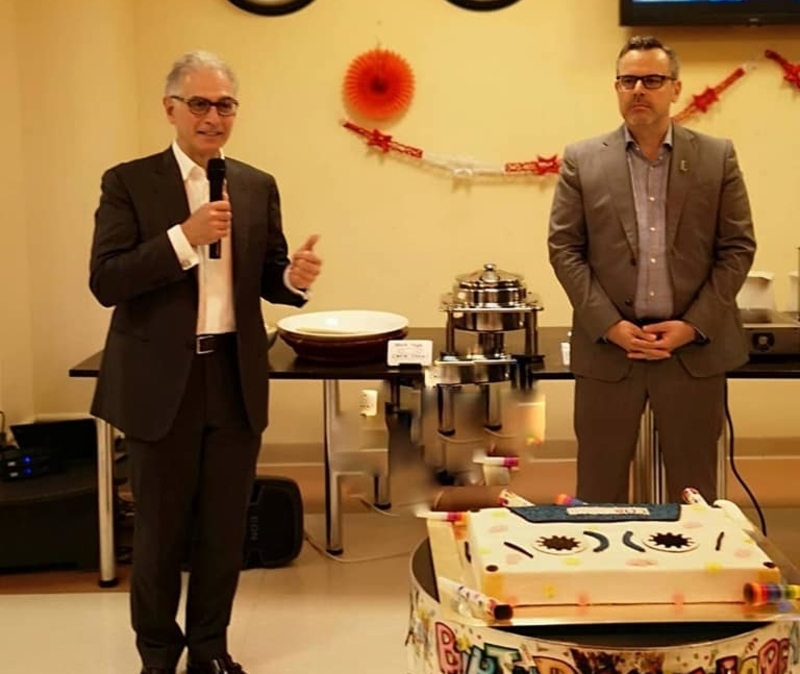
Hyatt had rallied around a unifying purpose: “We care for people so they can be their best.” Hyatt’s purpose resonated instantly within the organization because “care” is at the core of Hyatt’s DNA. While “care” can be limited to only a feeling, Hyatt sees it as more: It is an action taken that starts with listening and empathy, resulting in caring action that leads to people being their best.
“Through the work we have done around our purpose for the company, which is to care for people so they can be at their best, we really spent time rediscovering our roots and our foundation,” Hoplamazian said. “The sense of care really comes out of what our own colleagues told us. That is, they felt cared for and they felt that they were also fulfilled in caring for others and other colleagues. So, I would say that the corporate culture is very much centered around that care.
With this in mind, Hyatt began to take a fresh look at how its colleagues could be their best. In doing so, Hyatt realized that managers and their teams needed a clearer framework for understanding their roles and accountabilities. They needed a simpler approach to be more consistent and confident in making people decisions (how they hire, develop, grow and reward colleagues) and how they create a culture where colleagues can be their best selves every day at work through enhanced focus on leading inclusively and creating the right environment for colleagues’ wellbeing.
Hyatt’s HR leaders realized that while they had done a lot to evolve their strategy and systems around Talent, there was much more they wanted to do. They decided to re-imagine the entire talent experience, with the goal of improving internal processes on a global scale to support strategic workforce planning and permit colleagues to pursue their own growth as the organization continues to grow. To do it, Hyatt identified pain points, created diverse personas and stories to envision colleagues’ overall experience from pre-hire through promotion, and mapped opportunities to promote a clear understanding of, and commitment to, brand and purpose. Along the way of this extended journey, Hyatt has created a roadmap for the implementation of digital platforms to support efficient HR processes across the organization; consider strategies to advance Hyatt’s commitment to Inclusion and Diversity; and develop specific tools and methods to measure success and business outcomes.
Demographics shift. The business climate changes. Guest expectations evolve. One constant for Hyatt is its culture of care which is at the heart of its business strategy. Scaling an enhanced talent experience worldwide will allow Hyatt to enable colleagues to be their best and achieve business outcomes as Hyatt continues on its growth trajectory.
#3. Empathize to Care: Activating Asset Management for Better Customer’s Journey
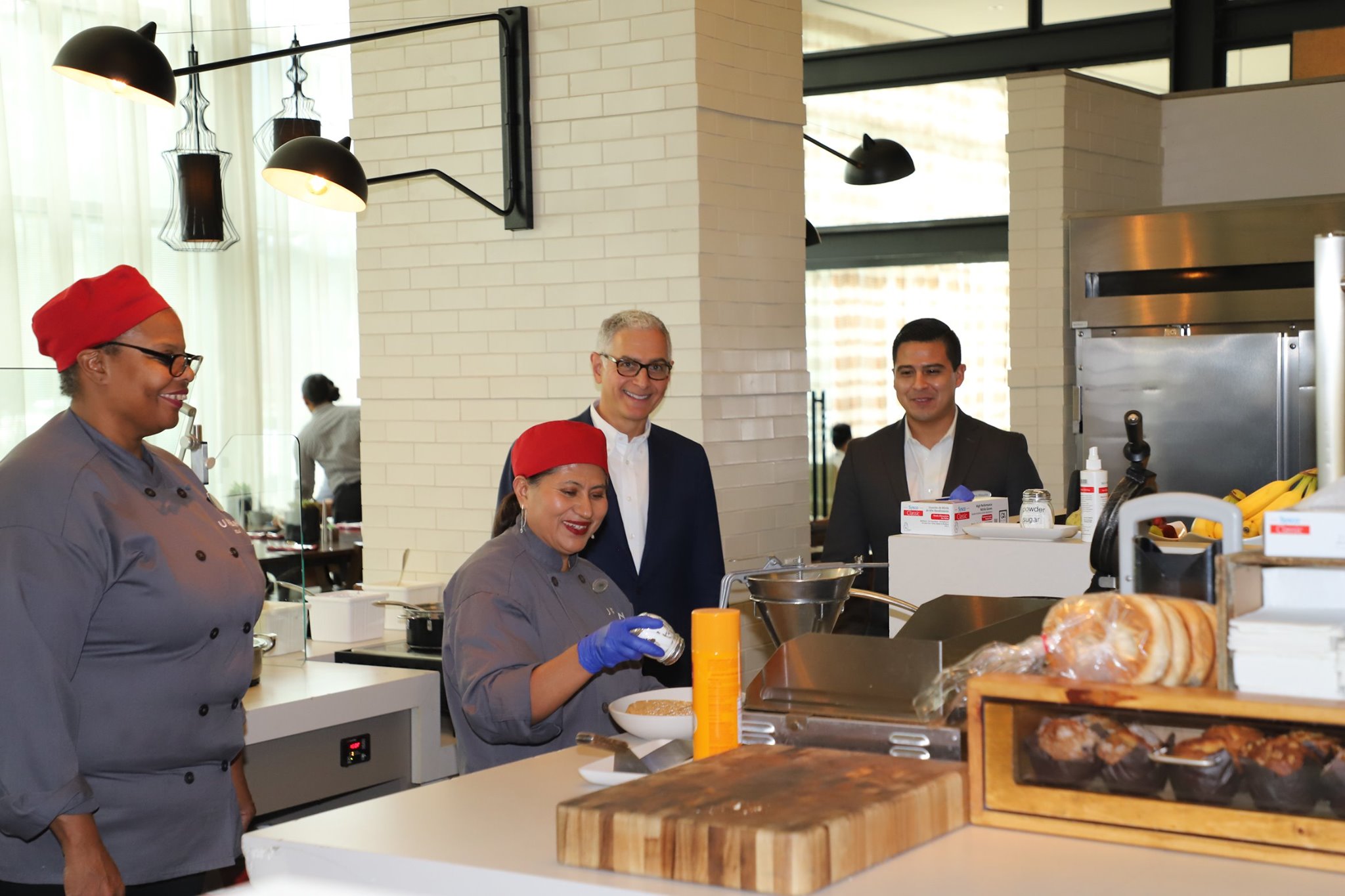
With a global hotel brand, asset management is an essential part of brand management and providing a seamless customer experience.
Hyatt’s Senior Vice President of Global Digital, Ellen Lee, explained that Hyatt is engaged in a customer’s journey “as soon as a customer starts dreaming about her vacation.” Most people begin their travel search and book online – with more than one in four travel bookings made via mobile device. In the predominantly digital search and evaluation stage of the purchasing journey, content is king. But not all hotels have effective asset management platforms, tools or the integrated technologies to support such platforms. “People were sending DVDs of photos to each other, emailing images, or uploading images one at a time to file-sharing services. We didn’t have an efficient way to manage and control activities,” said Frank Breithaupt, Director of eCommerce and Marketing Systems at Hyatt.
Currently, Hyatt has a centralized asset management process powered by Adobe Experience Manager Assets, along with a custom digital upload tool built by Valtech.
Adobe Experience Manager Assets enable Hyatt to manage content in a centralized location to help ensure only current, approved content is used on websites, mobile apps, and on third-party travel sites. There is a marketing element to a lot of the systems that go into the Travel and Hospitality vertical. It takes integrations within the organization to work together, as well as from a system level to be able to get the right data and to then present it to an end user inside of marketing experience.”
#4. Empathize to Weather the Storms: Leading through COVID-19
The company’s bookings were down 94% year over year in April, Hoplamazian said, and the business environment was unrecognizable. So, to lead his company through the pandemic the right way, he said his leadership team had to take a step back to get acclimated to the new and ever-changing coronavirus business landscape.
“It’s been the most challenging time in our industry, in the history of the industry,” he said.
The company laid off around 1,300 people at the corporate level, amounting to 35% of staff. And at the hotel level, which usually keeps 130,000 people on payroll, the layoffs, furloughs, and work leaves are still unfolding as government assistance dwindles and demand builds back up slowly.
These layoffs took a serious toll on Hoplamazian, who called it “the most difficult and challenging time that I’ve ever experienced as a person.”
To deliver these decisions with as much empathy as possible, he and his leadership team made them promptly, to avoid uncertainty, and they set up a care fund to enhance the financial safety net laid-off employees would be receiving from the government. The company also created a platform on which people could keep in touch with and support those who no longer have access to company email.
On top of the coronavirus pandemic, Hoplamazian has also been focusing on the corporate reckoning with systemic racism spurred by George Floyd’s death and the resulting protests across the world. Around the 19:45 mark, he and Murray discuss Hyatt’s response and the personal effect the push for equity and inclusion has had on him.
Hoplamazian said he believes that the vulnerability that COVID-19 has created allowed the movement for equity and inclusion to prosper in a way that will have long-term effects on the business world and society at large.
“My own personal journey in this has been now – and I’m embarrassed to say this—to really understand, probably for the first time, how deep systemic racism is and also how much of an ecosystem it requires in order to rectify,” Hoplamazian said. “I think we’re seeing the whole forest now, not just the individual trees of representation or minority content in our supply chain but seeing how this extends to our communities. And that to me is the major difference.”
How Is Technology Adoption Mindset Lighting Guideline to Welcome People with Hospitality?
#1. Harness the Technology to Streamline the Meeting Processing
They rolled out our Group Bill for groups of all sizes. With a touch of a button, it aggregates all billing charges and organizes them into chapters for each aspect, such as guest rooms, banqueting, audiovisual, into one interactive PDF. Even if clients want to use different billing codes, they won’t have to dig for various room folios, F&B receipts, etc. The Group Bill is available during and immediately after the event.
Their Event Concierge app also is designed for planners of groups of all sizes. Planners can make requests via their smartphone or tablet directly to the associate who handles that particular request – say to adjust the temperature in a room – so it does not have to be filtered through a department manager first and planners do not have to chase down hotel staff or wait for a call back. They also get real-time progress updates, so they know when an issue is taken care of. A request also goes to all departments that are involved in the issue, so the request does not get bogged down having to go through a telephone tree. The app also gives the hotel a record of the issue, so we can track any recurring issues that may indicate something that needs maintenance, and also track the timeliness of employee responses, which they can use to improve performance.
They offer this to their key accounts – those who book multiple programs at Hyatts throughout the world. The approximately 25 clients they currently have in the program are assigned a dedicated planning manager who travels with their groups to whatever city is hosting their events. These clients do not have to re-educate each hotel on their specific needs and preferences. They currently have two National Event Planning Managers and are planning to add more as needed.
#2. Roll out Mobile Room Entry and Security Program to Fit Customer’s Needs
The installation of the technology also includes VingCard Signature RFID door locks and comes as part of Hyatt’s plans to roll out similar security solutions to all of its properties by the end of 2020. Guests will be able use the tool, when they download the “World of Hyatt” app to their smart phones, to speed up check in and access their room or suites without the need for keys or key-cards.
Furthermore, the solution is purported to as a defense against data theft and unauthorized access by encrypting digital key and room number information, which is then transmitted to guest devices using a secure communications channel. Once received by a guest’s device, the data is then stored inside a digital vault within the hotel’s app, and is again transmitted via a secure channel when a guest places their device within proximity to the appropriate guestroom lock.
With multiple major hotel brands now offering some sort of express check-in functionality, Hyatt are extremely pleased to be leading their hospitality industry with the adoption of a technology that in many ways, is redefining the standards of guest convenience.
Mobile entry is fast becoming an amenity that guests expect when making their booking decisions, and those not offering such a feature increasingly run the risk of losing revenue, as guests look elsewhere to properties that can fulfill their needs.

